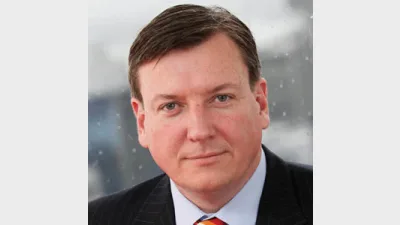Inactive super grab inconsistent with reforms



The Federal Government's decision to lift the threshold at which inactive superannuation accounts are transferred to the Australian Tax Office (ATO) is inconsistent with superannuation reforms and unfair to those with low account balances, according to the Financial Services Council (FSC).
The Financial Services Council (FSC) was responding to an announcement by the Federal Government in its Economic Statement on Friday that the threshold of small inactive superannuation accounts, including those ‘lost' to members, would increase from $2000 to $4000 from 31 December 2015, and then to $6000 from 31 December 2016.
FSC chief executive John Brogden said the council opposed the measure and that "Governments should be consolidating peoples' superannuation, not putting it into consolidated revenue".
Brogden said the announcement was inconsistent with superannuation reforms and would target those who had only begun to accumulate superannuation.
"This Government's own SuperStream reforms have made it easier to bring accounts together. It will unfairly capture the savings of many young and low incomes in particular," Brogden said.
According to the statement the rationale for transferring these funds to the ATO is "to protect the real value of more lost superannuation accounts".
However it also appears to have a budgetary motive, with the statement also claiming that "this measure is estimated to have a net positive impact on the Budget in underlying cash balance terms of $582 million over the forward estimates".
Recommended for you
The central bank has announced the official cash rate decision for its November monetary policy meeting.
Australia’s maturing superannuation system delivers higher balances, fewer duplicate accounts and growing female asset share, but gaps and adequacy challenges remain.
Global volatility and offshore exposure have driven super funds to build US-dollar liquidity buffers, a new BNY paper has found.
Less than two in five Australians are confident they will have sufficient assets to retire and almost three-quarters admit they need to pay greater attention to their balance, according to ART research.










